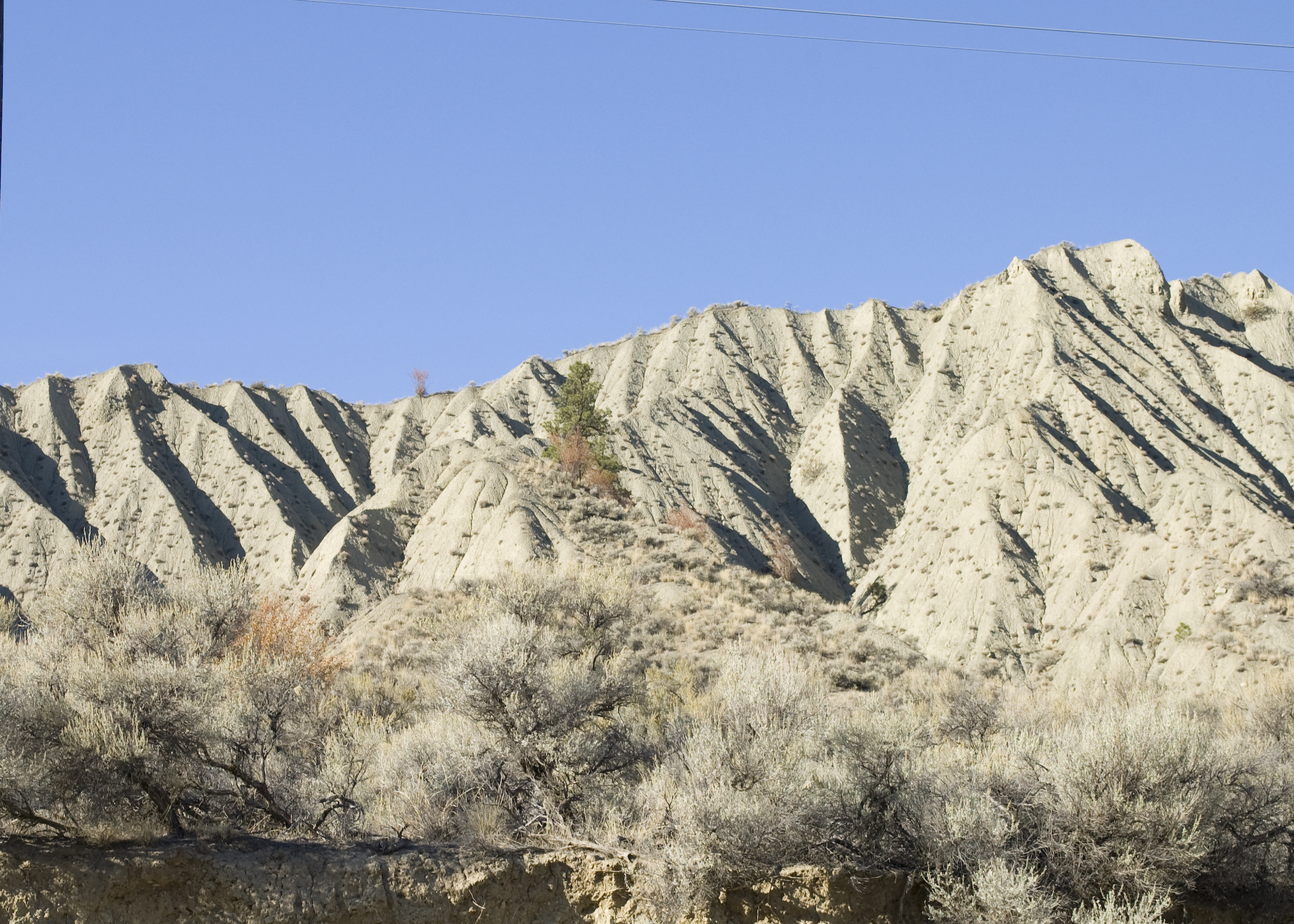|
Ashnola, British Columbia
Ashnola is a locality and former railway point in the Similkameen Country of southern British Columbia, Canada, located at the confluence of the Ashnola River with the Similkameen. Ashnola Indian Reserve No. 10 is at the same general location, and has a population of 83 people. The red bridge (1911) is a historic landmark. Name See Ashnola River The Ashnola River is a tributary of the Similkameen River, rising in the northeastern part of the North Cascades in Washington, United States, and flowing north into British Columbia, Canada, to join the Similkameen River about halfway along that r .... See also * Ashnola (other) References {{reflist Similkameen Country ... [...More Info...] [...Related Items...] OR: [Wikipedia] [Google] [Baidu] |
Similkameen Country
The Similkameen Country, also referred to as the Similkameen Valley or Similkameen District, but generally referred to simply as The Similkameen or more archaically, Similkameen, is a region roughly coinciding with the basin of the river of the same name in the Southern Interior of British Columbia. The term "Similkameen District" also refers to the Similkameen Mining District, a defunct government administrative district, which geographically encompasses the same area, and in more casual terms may also refer to the Similkameen electoral district, which was combined with the Grand Forks-Greenwood riding by the time of the 1966 election. The Similkameen Country has deep historical connections to the Boundary Country and the two are sometimes considered one region, partly as a result of the name of the electoral district. It is also sometimes classed as being part of the Okanagan region, which results from shared regional district and other administrative boundaries and names. The t ... [...More Info...] [...Related Items...] OR: [Wikipedia] [Google] [Baidu] |
British Columbia
British Columbia (commonly abbreviated as BC) is the westernmost province of Canada, situated between the Pacific Ocean and the Rocky Mountains. It has a diverse geography, with rugged landscapes that include rocky coastlines, sandy beaches, forests, lakes, mountains, inland deserts and grassy plains, and borders the province of Alberta to the east and the Yukon and Northwest Territories to the north. With an estimated population of 5.3million as of 2022, it is Canada's third-most populous province. The capital of British Columbia is Victoria and its largest city is Vancouver. Vancouver is the third-largest metropolitan area in Canada; the 2021 census recorded 2.6million people in Metro Vancouver. The first known human inhabitants of the area settled in British Columbia at least 10,000 years ago. Such groups include the Coast Salish, Tsilhqotʼin, and Haida peoples, among many others. One of the earliest British settlements in the area was Fort Victoria, established ... [...More Info...] [...Related Items...] OR: [Wikipedia] [Google] [Baidu] |
Ashnola River
The Ashnola River is a tributary of the Similkameen River, rising in the northeastern part of the North Cascades in Washington, United States, and flowing north into British Columbia, Canada, to join the Similkameen River about halfway along that river's course between the towns of Princeton and Keremeos. The river crosses the international boundary at and transits Cathedral Provincial Park. It has one main tributary, Ewart Creek, which is about long and begins virtually at the border and is entirely within Cathedral Park. A gravel road from its junction with BC Highway 3 at the locality of Ashnola flanking the river is the main, and virtually only, road access to the park. The locality of Ashnola was that of a mining camp from the days of the many gold rushes in the Similkameen Country and also the site of the Ashnola Indian Reserve (attached to the Lower Similkameen Indian Band). Name variants and origin Older name-variants includes Nais-nu-loh and Ashtnolow (both from Lord ... [...More Info...] [...Related Items...] OR: [Wikipedia] [Google] [Baidu] |
Similkameen River
The Similkameen River runs through southern British Columbia, Canada, eventually discharging into the Okanagan River near Oroville, Washington, in the United States. Through the Okanagan River, it drains to the Columbia River. The river is said to be named for an indigenous people called ''Similkameigh'', meaning "treacherous waters". The river is controversially dammed (the now-defunct Enloe Dam), blocking fish passage to the upper (Canadian) reaches of the river. History The first mention of the Similkameen by a European was by Alexander Ross. While on a trading expedition, he travelled by way of the "Similkameigh River." Sir George Simpson used the name "Similkameigh" for one of the groups part of the Okanagan Nation. The transition from ''Similkameigh'' to ''Similkameen'' may have been inspired by the name of the Tulameen River despite being etymologically incorrect. The name ''Similkameigh'' comes from a now-extinct language of Nicola-Similkameen, of the Athapascan lang ... [...More Info...] [...Related Items...] OR: [Wikipedia] [Google] [Baidu] |
Ashnola (other) , a locality and former railway point at the confluence of the Ashnola and Similkameen Rivers
{{disambig ...
Ashnola is an Okanagan language word of unknown meaning and which is Acnulox in the modern spelling system of that language. It may refer to: *the Ashnola River, a river in Washington state and British Columbia *Ashnola Pass, a mountain pass in Washington state *Ashnola Mountain, a mountain in Washington state *Ashnola Indian Reserve No. 10, aka Ashnola 10, an Indian Reserve under the administration of the Lower Similkameen Indian Band in British Columbia *Ashnola, British Columbia Ashnola is a locality and former railway point in the Similkameen Country of southern British Columbia, Canada, located at the confluence of the Ashnola River with the Similkameen. Ashnola Indian Reserve No. 10 is at the same general location, and ... [...More Info...] [...Related Items...] OR: [Wikipedia] [Google] [Baidu] |

